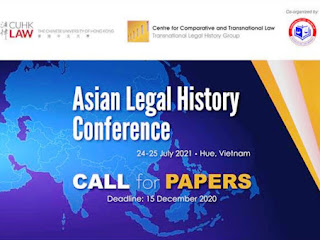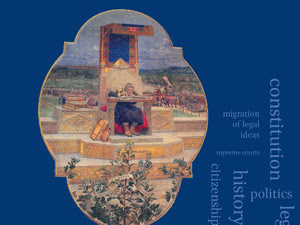We are grateful to David Sugarman for word that Clio @ Themis, the on-line review of legal history, has a new website, which makes current and previously published articles more accessible. From the website:
Founded in 2009 at the initiative of several researchers from the Centre national de la recherche scientifique, joined by a number of University lecturers, Clio@Themis contributes to the development of debates and scientific exchanges with regard to the history of law. Its creation in France is based on enlargement and enrichment of the traditional perspectives of the legal history. Indeed, the history of law, through more and more varied types of research, concerns now all periods, from Antiquity to the beginning of the 21th century. This broadening of perspectives is not only in a chronological context, but also a geographical one: today, the subject of the history of law is necessarily European, comparative, and reacts to the phenomena of legal globalisation.–Dan Ernst
As a consequence, far from keeping legal history locked in a complacent study of the past, this journal aims to be an instrument for the critical understanding of the present. It does not intend to separate legal phenomena from social phenomena. In addition to questions about socio-economic factors in the production and reception of the law, it is increasingly important to consider reflections on judicial culture, the formation and circulation of ideas and judicial concepts, practices and representation.
History, Law, Society: these three ideas express, without any doctrinal constraint, our usage of historical method, our focus on legal subjects and our embrace of social science in the broadest sense.






